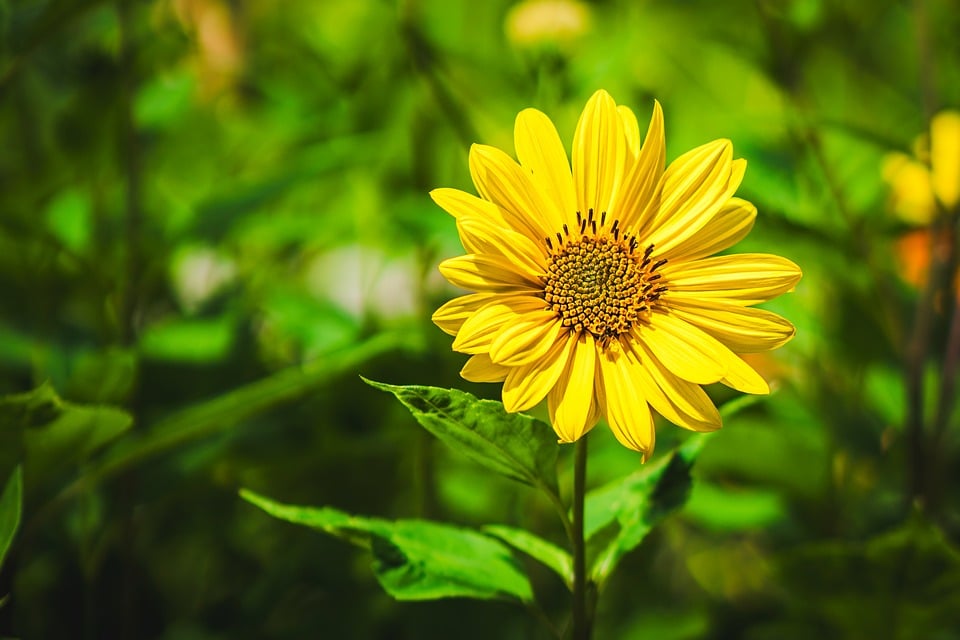Black cats, with their sleek coat and piercing eyes, have captivated humans for centuries. Often associated with superstitions and myths, these feline creatures have left a lasting mark on cultures around the world. From ancient Egypt to modern-day America, black cats have played a prominent role in shaping our beliefs and traditions. In this article, we will delve into the rich cultural legacy of black cats throughout history, exploring their significance, symbolism, and impact on society.
The Historical Context of Black Cats
Black cats have a long and storied history dating back to ancient civilizations. In ancient Egypt, cats, including the alluring black variety, were revered as divine creatures. The goddess Bastet, often depicted with the head of a lioness or a domestic cat, was a symbol of protection and fertility. Black cats were believed to embody her spirit and were considered sacred animals.
During the Middle Ages in Europe, black cats became associated with witchcraft and evil omens. They were often portrayed as familiars of witches and were believed to bring bad luck. This negative perception led to the widespread persecution of black cats during the witch-hunting craze, resulting in countless felines being killed in the name of superstition.
In more recent times, black cats have made a resurgence in popular culture, shedding their dark reputation in favor of being seen as elegant and mysterious creatures. Today, black cats are often portrayed as symbols of good luck and prosperity, with many people considering them to be a positive omen.
The Current State of Black Cats
Despite their enduring popularity, black cats still face discrimination and superstition in some parts of the world. In many cultures, black cats are still associated with bad luck and are viewed with suspicion. This has led to a higher rate of euthanasia for black cats in shelters, as they are often passed over for adoption in favor of cats of other colors.
However, there are efforts underway to dispel the myths surrounding black cats and promote their adoption. Black Cat Awareness Month, held in October, aims to raise awareness about the benefits of owning a black cat and to combat the negative stereotypes associated with them. Many animal shelters also run special promotions to encourage people to adopt black cats, highlighting their unique personalities and charm.
The Future Predictions for Black Cats
As society becomes more educated and enlightened, we can expect to see a shift in attitudes towards black cats. With increased awareness and advocacy, black cats are likely to be seen in a more positive light, with their unique qualities and personalities celebrated. Adoption rates for black cats may also increase as more people come to appreciate the beauty and mystique of these enigmatic creatures.
In the coming years, we can expect to see black cats continue to be a beloved and cherished part of our cultural landscape. Their rich history and symbolism will endure, serving as a reminder of the enduring bond between humans and animals.
Conclusion
In conclusion, the cultural legacy of black cats is a compelling and complex tapestry that has woven its way through human history. From ancient times to the present day, black cats have captured our imagination and inspired a myriad of beliefs and traditions. While they have faced persecution and discrimination in the past, black cats continue to enchant us with their beauty and grace.
As we move forward, let us remember the rich cultural heritage of black cats and strive to ensure that they are treated with the love and respect they deserve. By dispelling myths and promoting adoption, we can ensure that black cats will continue to be cherished companions for generations to come. Thank you for joining us on this journey through the fascinating world of black cats. For further exploration, we recommend checking out books, documentaries, and online resources that delve deeper into the captivating history of these mysterious creatures.
